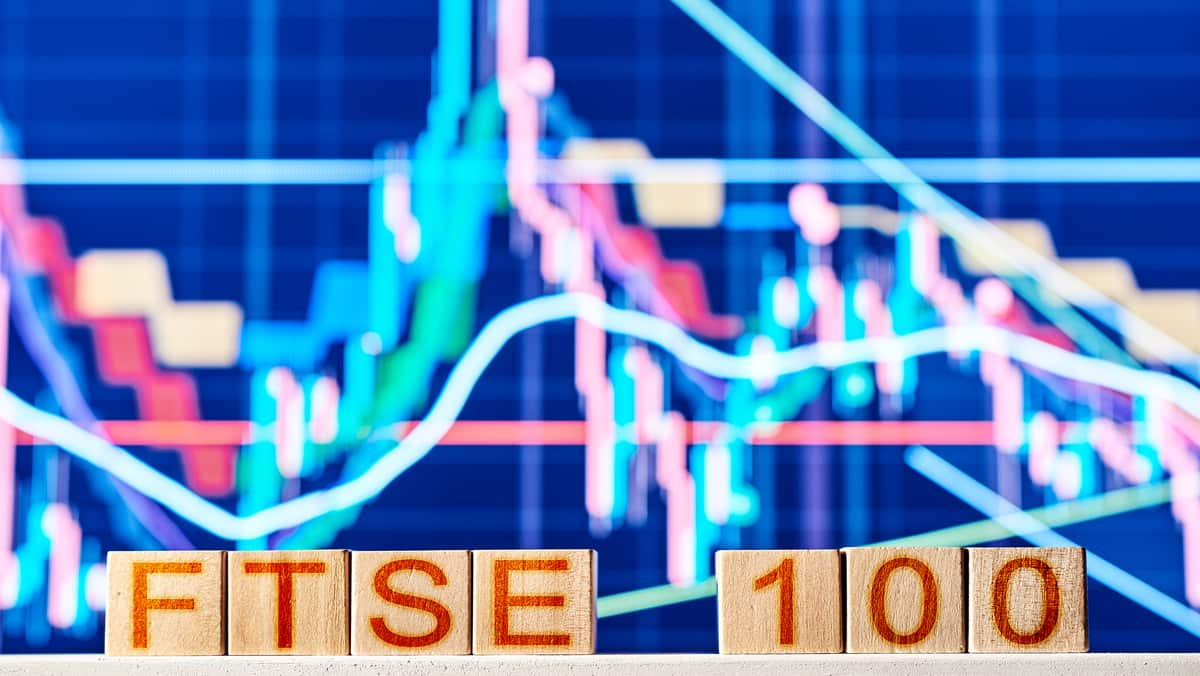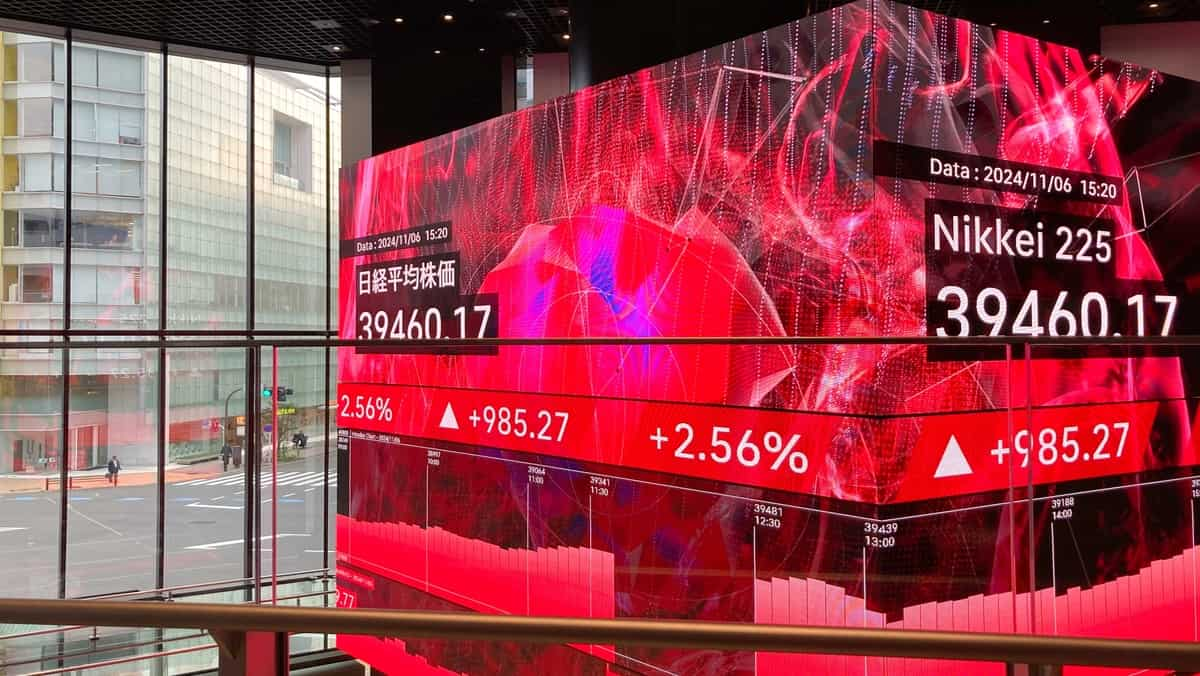
CFDs, or Contracts for Difference, are financial derivatives that allow traders to speculate on the price movements of various instruments without owning the underlying asset itself.
CFD assets can range from stocks and commodities to currencies, indices, and more. CFD trading allows you to potentially capitalise on price movements, providing a diverse range of trading opportunities.
As it can be employed in various types of instruments, CFD trading offers versatility to traders.
It allows them to speculate on diverse assets, employ different trading strategies, and utilise leverage. As such, CFDs have become an indispensable tool for traders globally.
However, CFDs also come with inherent risks, making it vital to approach CFD trading with knowledge, discipline, and a well-defined strategy.

If you’re a newbie trader, check out the following points on CFD trading.
In CFD trading, you can select from a wide array of assets including shares, commodities such as gold and oil, forex, indices such as the S&P 500, and cryptocurrencies such as Bitcoin. This diversity enables you to tailor your trading strategy to your preferences and market conditions.
Once you’ve chosen your asset, it’s time to speculate on its price movement. If you anticipate that the price will rise, you enter a long position, in which case you would buy CFDs.
Conversely, if you expect the price to fall, you opt for a short position and sell CFDs. Your profit or loss is determined by the difference between the opening and closing prices.
One of the distinctive features of CFD trading is leverage, which allows you to control a more substantial position size with a relatively smaller capital outlay.
While leverage can amplify your potential gains, it can also magnify your losses. Hence, it's crucial to use leverage judiciously and employ risk management strategies to protect your capital.
Unlike investing, CFD trading doesn't involve any ownership of the underlying asset.
Instead, you're entering into a contract with your broker to settle the difference in the asset's price between the entry and exit points. This means you can profit from price movements without physically owning the asset.
You can execute CFD trading by using a range of trading strategies, from day trading and swing trading to position trading and scalping.
Each strategy caters to different risk appetites and time frames, empowering you to tailor your trading approach to your preferences.
Here are some reasons why traders find CFD trading to be an attractive option:
CFDs provide access to various assets, allowing you to diversify your portfolio and capitalise on various market opportunities.
As CFD trading offers the option to go long or short, it enables you to speculate in bullish and bearish markets. This increases your trading flexibility.
Leverage can amplify your trading capital, potentially magnifying your gains. However, it should be used cautiously and with a solid risk management strategy in place.
Since CFD trading doesn't involve physical ownership of the underlying asset, you're spared from associated costs such as storage fees, dividends, or maintenance expenses.
The CFD market is highly liquid. This means you can enter and exit positions with ease, even in large volumes.

While CFD trading offers numerous advantages, it's essential to be aware of the associated risks:
Leverage can amplify losses as well as gains, making risk management crucial.
Financial markets can be highly volatile, and CFDs are no exception. Rapid price movements can lead to substantial gains or losses.
Your CFD broker is your counterparty in the trade. While reputable brokers operate transparently, it's crucial to choose a reliable broker with a robust regulatory framework.
While both regular stock trading and CFD share trading are executed via trading platforms and mobile applications, there are key differences between them.
As mentioned above, the main difference between stock shares and CFD trading is that when you trade a CFD you are speculating on an asset’s price without actually owning the underlying asset. In contrast, regular stock trading involves ownership of the underlying asset.
A Contract for Difference (CFD) is a derivative financial instrument based on the price movements of an underlying asset.
CFDs enable traders to trade shares, forex, indices, bonds, or commodities without actually owning the assets being traded.
A CFD comprises an agreement made between two parties, typically described as buyer and seller. It states that the buyer will pay the seller the difference between the current value of an asset and its value when the contract was initially made.
If the price of the closing trade is higher than the opening price, then the seller (broker) will pay the buyer (trader) the difference. That will be the buyer’s profit.
Conversely, if the current asset price is lower at the exit price than the value when the contract was opened, then the seller, rather than the buyer, will benefit from the difference.
Ready to start CFD trading? Creating an account with markets.com is easy.
We offer a user-friendly platform and comprehensive educational resources to kickstart your trading experience.
Join our amazing trading community and start enjoying the benefits.
"When considering "CFDs" for trading and price predictions, remember that trading CFDs involves a significant degree of risk and could result in capital loss. Past performance is not indicative of any future results. This information is provided for informative purposes only and should not be construed to be investment advice."
Risk Warning: this article represents only the author’s views and is for reference only. It does not constitute investment advice or financial guidance, nor does it represent the stance of the Markets.com platform.When considering shares, indices, forex (foreign exchange) and commodities for trading and price predictions, remember that trading CFDs involves a significant degree of risk and could result in capital loss.Past performance is not indicative of any future results. This information is provided for informative purposes only and should not be construed to be investment advice. Trading cryptocurrency CFDs and spread bets is restricted for all UK retail clients.

World Index Today: In today's trading session, global stock indices have shown varied performances, reflecting a mix of investor sentiment and economic indicators.

Stock Market News: The global stock market landscape is constantly evolving, influenced by economic indicators, geopolitical events, and corporate developments.

Amazon (AMZN) Shares Jumped 4% Today: Amazon.com, Inc. is one of the largest e-commerce and cloud computing companies in the world.
set cookie